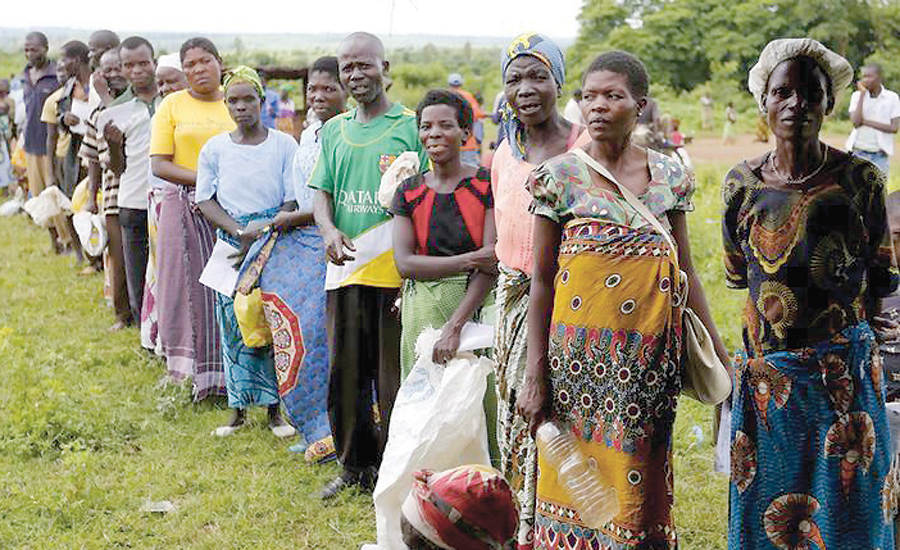

Food security and nutrition levels in the Near East and North Africa have sharply deteriorated over the last five years, undermining the steady improvement achieved before 2010 when food production had increased and the prevalence of undernourishment, stunting, anaemia and poverty had decreased, a new FAO report said.
The FAO Regional Overview of Food Insecurity in the Near East and North Africa noted that the deterioration is largely driven by the spreading and intensity of conflicts and protracted crises.
The assessment made by FAO using Food Insecurity Experience Scale (FIES) shows that the prevalence of severe food insecurity in the adult population of the Near East and North Africa was close to 9.5 per cent in 2014-2015, representing approximately 30 million people.
“The region is facing unprecedented challenges to its food security due to multiple risks arising from conflicts, water scarcity and climate change. Countries of the region need to implement long-term and comprehensive sustainable water management to achieve the Sustainable Development Goal of ending hunger by 2030,” said Abdessalam Ould Ahmed, FAO Assistant Director-General and Regional Representative for the Near East and North Africa. “A peaceful and stable environment is an absolute pre-condition for farmers to respond to the challenges of water scarcity and climate change.”
The Syria crisis in particular has deepened during the period 2015-2016, leaving more than half of the population in need of food assistance and 4.8 million refugees, mostly in neighbouring countries. The numbers of food insecure and the internally displaced are also rising in Iraq and Yemen.
Beyond conflicts and crises, the report argues that water scarcity and climate change are the most fundamental challenges to ending hunger, achieving food security, improving nutrition and promoting sustainable agriculture by 2030. Water scarcity is the binding factor to agricultural production in the Near East and North Africa region and the driver of the region’s dependency on food imports.
Building on the evidence accumulated in the framework of FAO’s Regional Water Scarcity Initiative in the Near East and North Africa, the report shows that climate change is expected to affect food security in terms of availability, access, stability and utilisation. Most of the impacts of climate change will affect water availability.
The FAO Regional Overview underlines the urgency to develop and implement strategies for sustainable management of water resources and to adapt to the impact of climate change on water resources and agriculture. It documents several positive experiences in sustainable management of water resources and climate change adaptation in the region and highlights the importance of accelerating investments aimed at improving water efficiency and water productivity as well as the need for a shift in cropping patterns towards less water-consuming crops.
The report explores other major options for the adaptation to climate change impacts on water and agriculture, including the need for designing and implementing social protection measures for building resilience of farmers to extreme events, cutting food losses and improving trade policies.
Oman Observer is now on the WhatsApp channel. Click here



